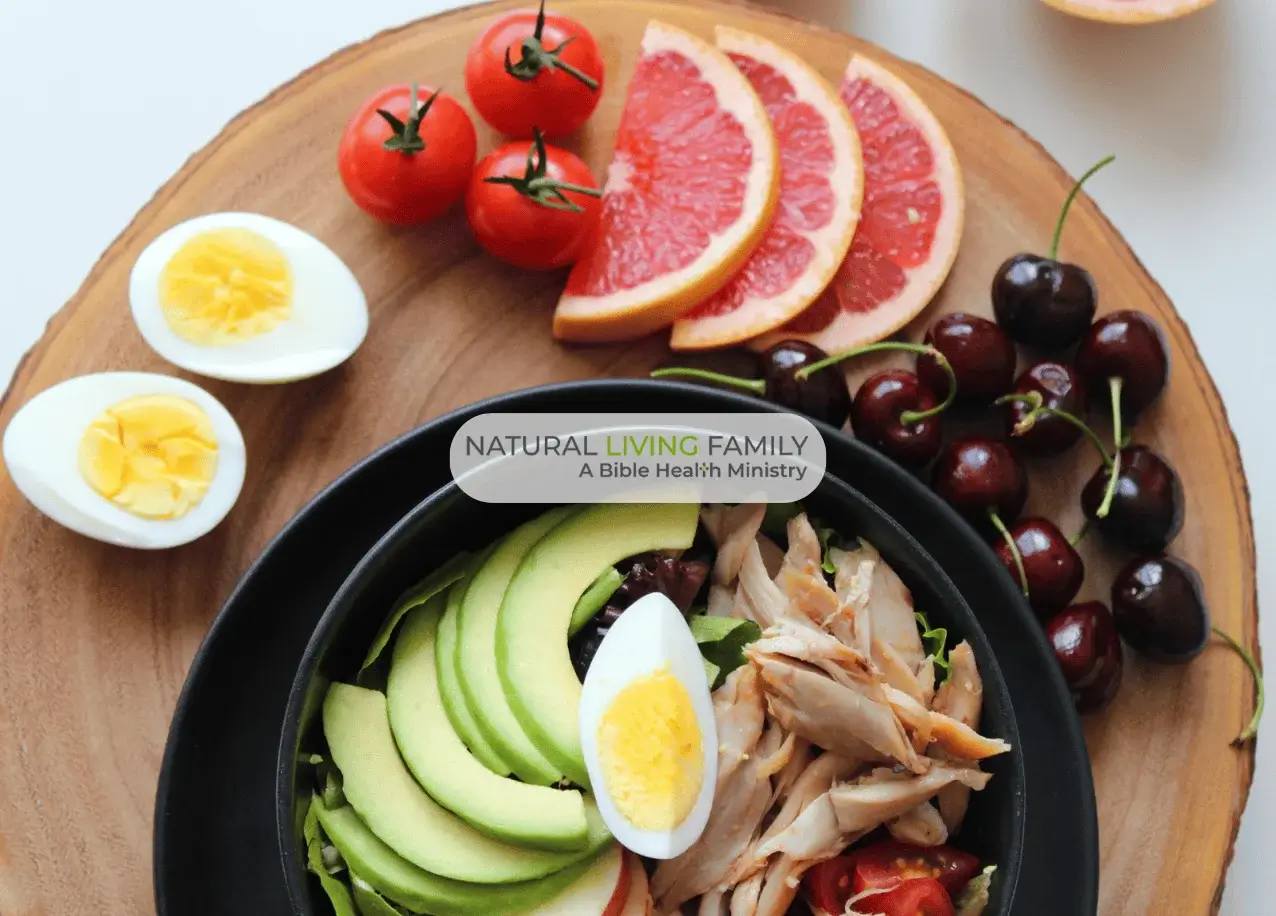Have you ever heard of “happiness and flow?” If not, then you’re missing out on the key to happiness!
Table of Contents
History of the Idea of “Flow”
Proposed by Mihaly Csikszentmihalyi, Ph D (1) – Professor of Psychology at Claremont Graduate University (2), the concept of flow has been widely referenced in the field of positive psychology where researchers measure things like states of happiness, values, strengths, virtues, and talents.
Essentially, Csikszentmihalyi was intrigued by people who perform extremely challenging tasks for no financial incentive or social status benefit. For no apparent reason other than the fact that they thoroughly enjoyed what they were doing, people who subjected themselves to strenuous physical, mental, emotional, and even financial stress to accomplish their goals became an interesting group to study.
What Csikszentmihalyi discovered was that people were motivated to do these activities not by any external reward, but because of the benefit that, “Came from the activity itself.”
The Key to Happiness: The “Zone”
Csikszentmihalyi coined this experience flow, as:
“Synergy of different aspects of consciousness where you wish you could go forever because it feels like you are completely fulfilling something that you can do you well and see it happening and feel that nothing else matters.”
Flow is a place where people have an almost surreal level of focus and oneness with the task at hand and is what athletes commonly refer to as “the zone.” Moment-by-moment, people who flow know exactly what they have to do in an almost existential, out-of-body experience where life purpose and satisfaction are at a pinnacle. Essentially, Csikszentmihalyi stumbled upon a way to help people live the Abundant Life!
Regarding the key to happiness, research has shown that the following six factors define the flow experience:
- Intense and focused concentration on the present moment
- Merging of action and awareness
- A loss of reflective self-consciousness
- A sense of personal control or agency over the situation or activity
- A distortion of temporal experience, a person’s subjective experience of time is altered
- Experience of the activity as intrinsically rewarding also referred to as autotelic experience
Outside of pitching a perfect game or bowling a 300, other tasks commonly experienced as happiness and flow are playing music, painting, writing, sewing, or any other sequence-oriented task where you can let your mind go and simply allow your innate intelligence to operate in full capacity.
According to Csikszentmihalyi, flow is a completely focused motivation. It is a single-minded immersion and represents perhaps the ultimate experience in harnessing emotions in the service of performing and learning. In flow, the emotions are not just contained and channeled, but emotions are positive, energized, and aligned with the task at hand.
Learning to Embrace ALL Emotions
It’s interesting to note that the ability to experience the key to happiness and flow is oftentimes related to our ability to overcome adversity. According to Richard J. Davidson, Ph.D. (3), Professor of Psychology and Psychiatry at the University of Wisconsin (4),
One of the keys to happiness, and subsequently being able to experience flow, is being able to recover from adversity quickly. Contrary to popular belief, adversity is a very healthy part of happiness. To be happy, people must experience sadness.
To experience a sense of achievement, people must experience challenges. Even tragedy has a role in helping people to have the key to happiness.
References:
- https://www.cgu.edu/people/mihaly-csikszentmihalyi/
- https://www.cgu.edu/
- https://psych.wisc.edu/staff/davidson-richard/
- https://www.wisconsin.edu/
- http://en.wikipedia.org/wiki/Flow_(psychology)
- Shadyac T (Producer), & Belic R (Director). (2001). Happy [Motion picture]. United States: Documentary.
- Nakamura, J., & Csikszentmihalyi, M. (2009). Flow theory and research. In C. R. Snyder & S. J. Lopez (Eds.), Handbook of positive psychology http://www.naturalnews.com/psychology.html (pp. 195-206). Oxford: Oxford University Press.











